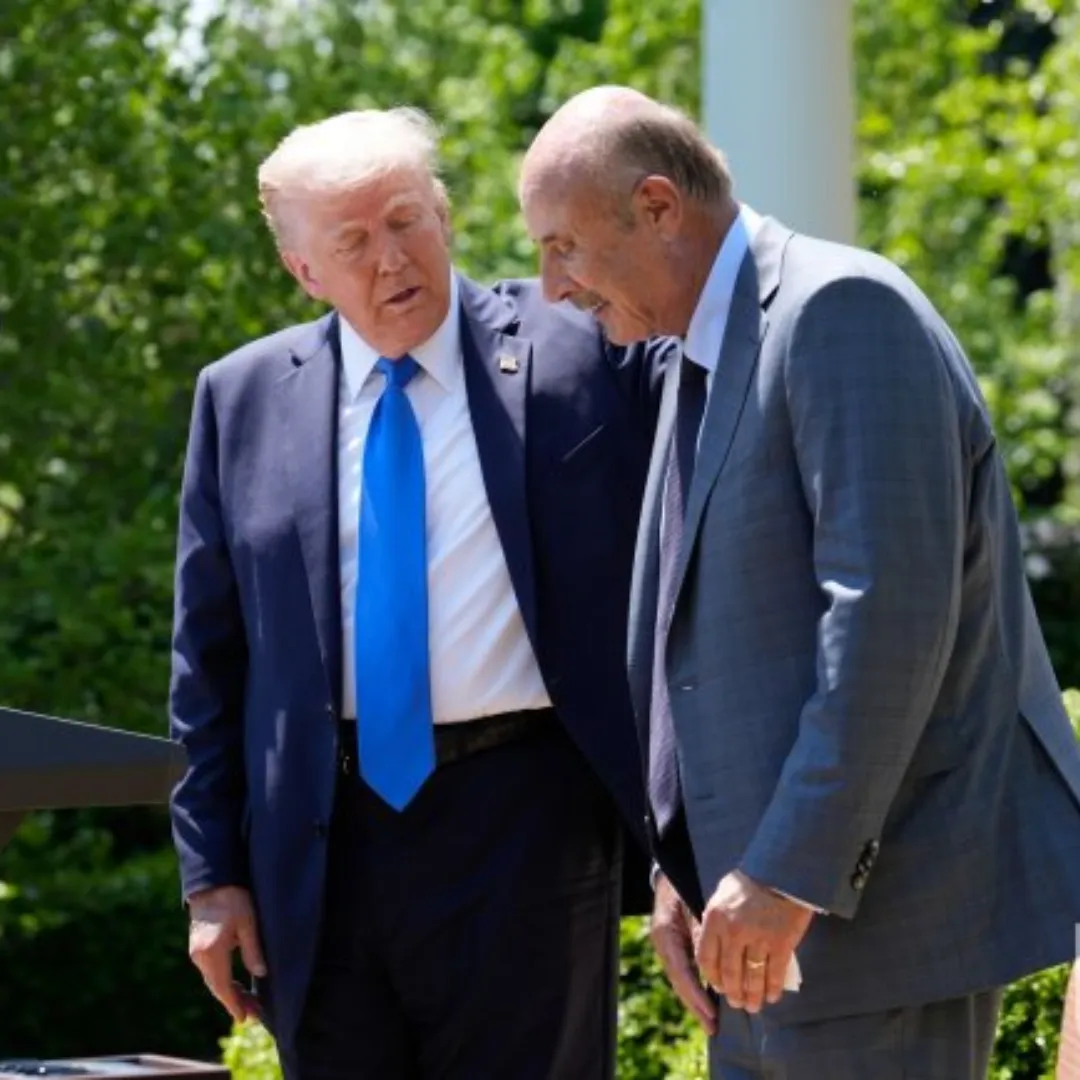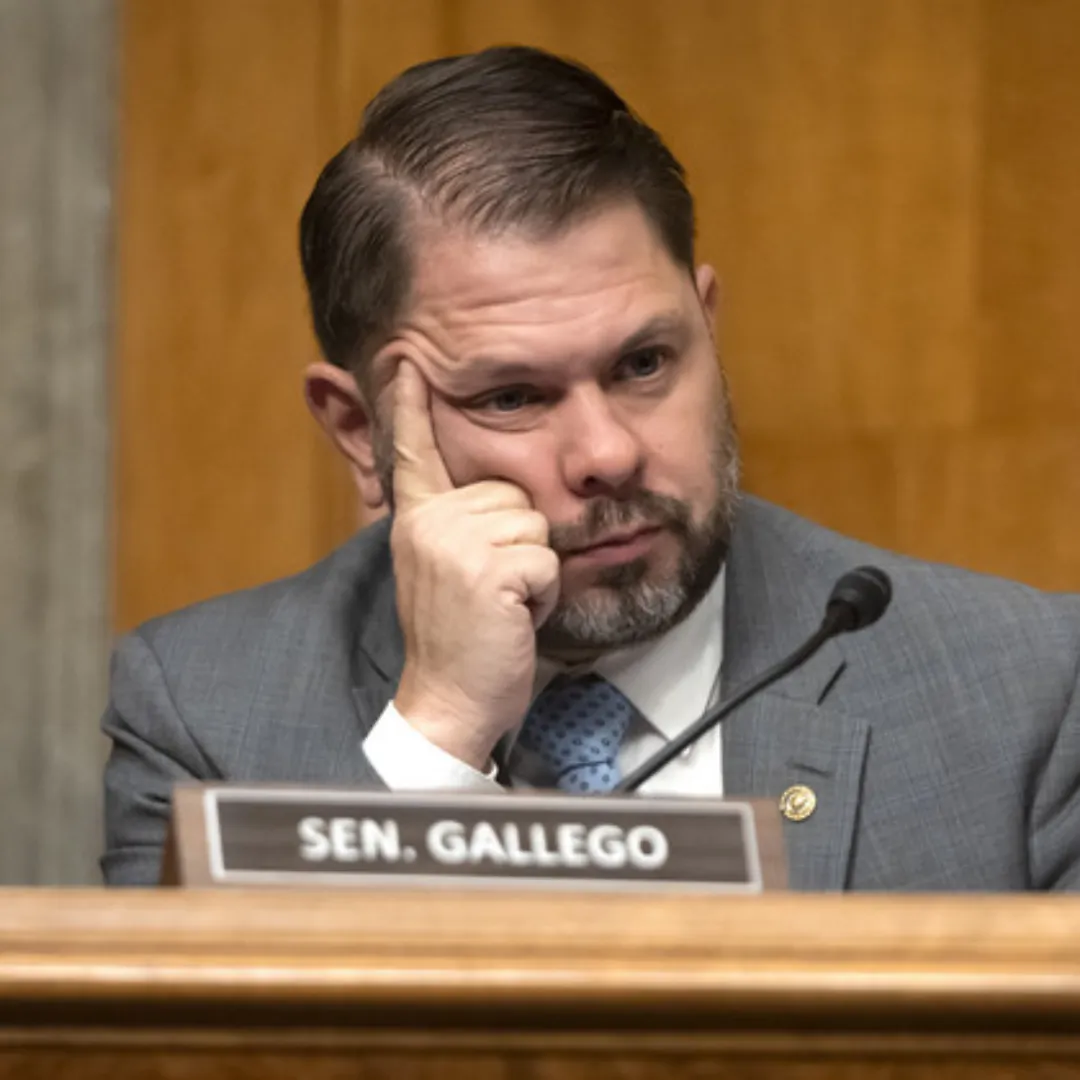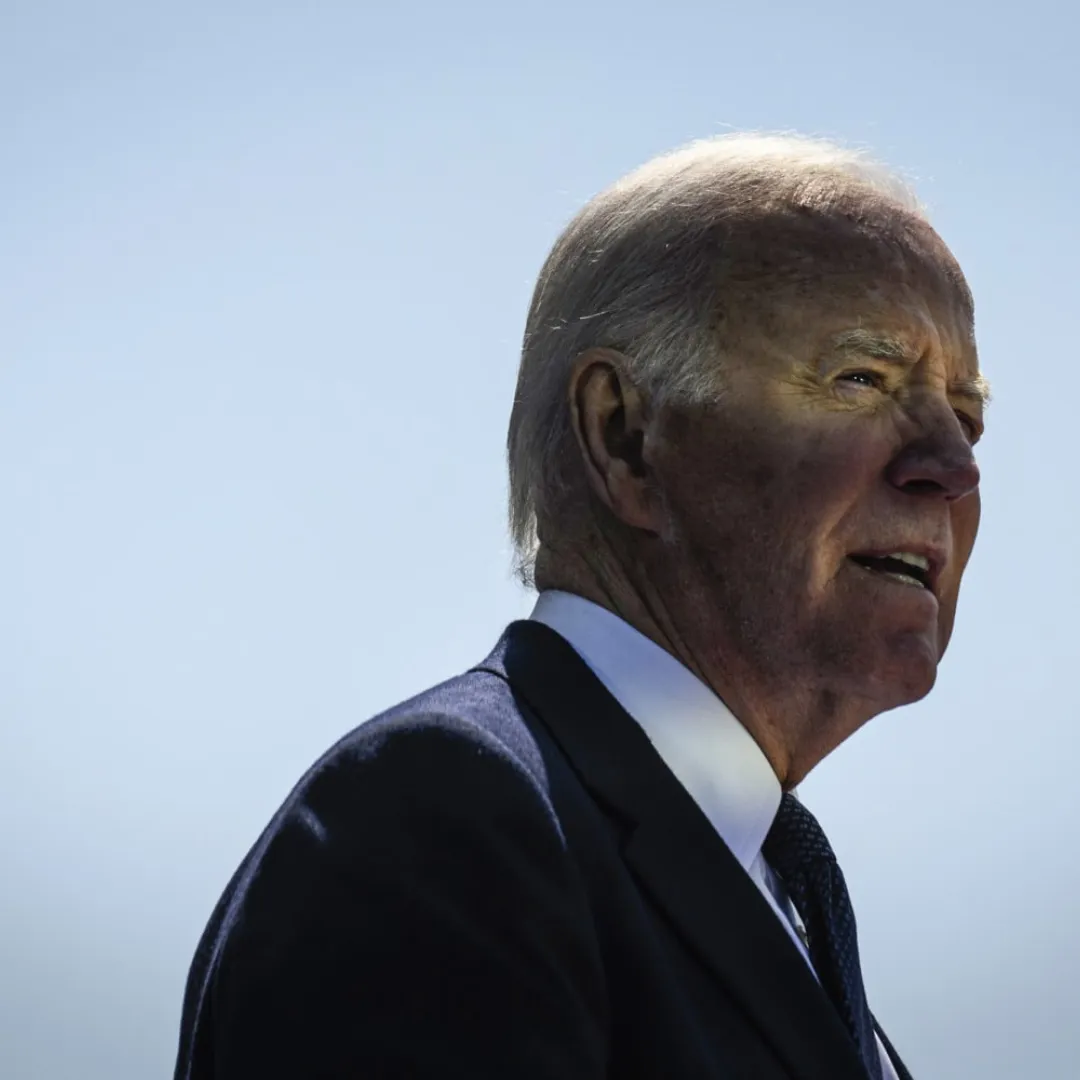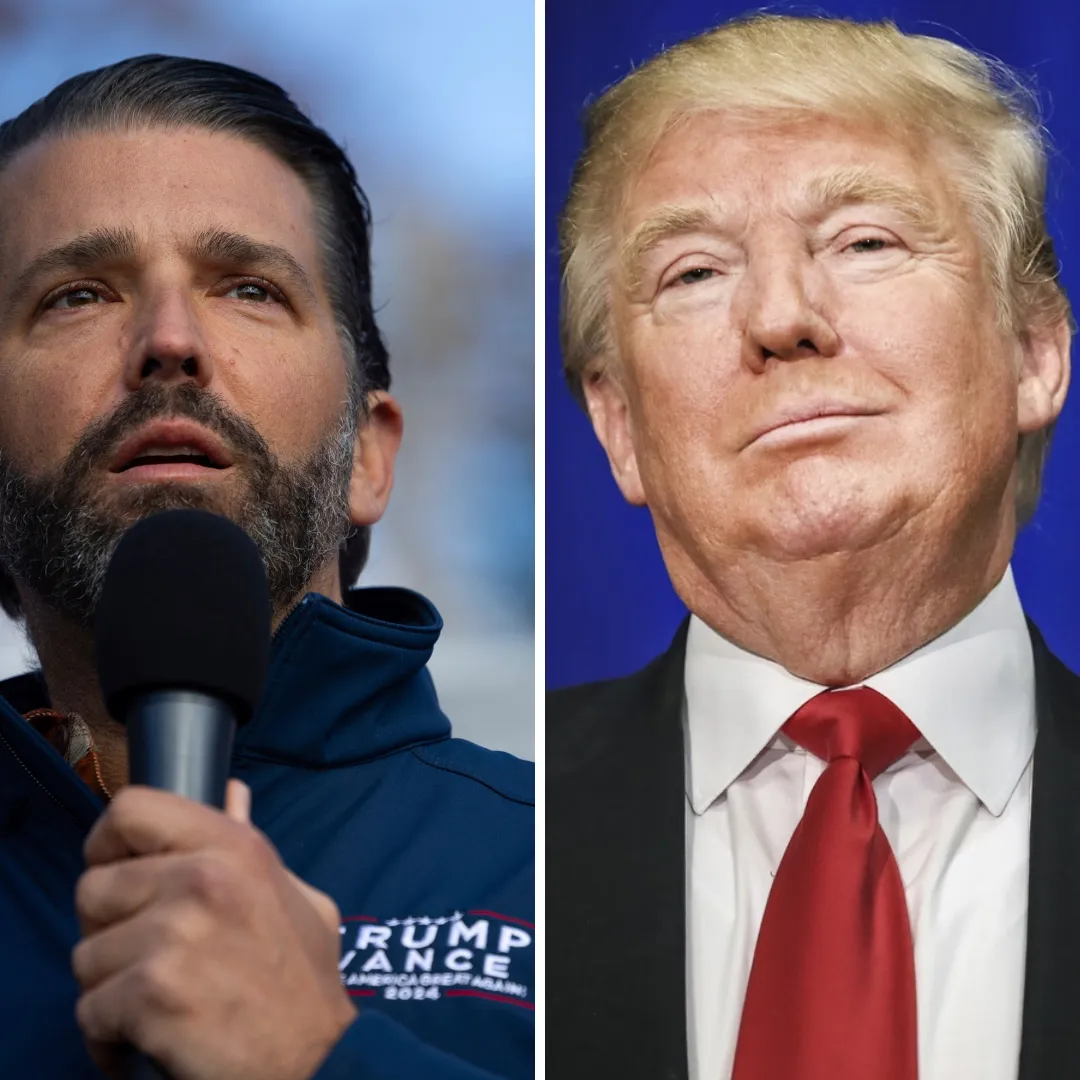Robert F. Kennedy Jr., the new Secretary of Health and Human Services under the second Trump administration, has launched a major campaign aimed at eliminating artificial food dyes from the American food supply. The effort, which is being rolled out through a voluntary partnership with the food industry, focuses on eight petroleum-based color additives that are commonly used in processed foods in the United States.
According to a plan unveiled by HHS, the goal is to remove dyes including Red 40, Yellow 5, Yellow 6, Blue 1, Blue 2, and Green 3 by the end of 2026. These colorants are widely used in products ranging from breakfast cereals and candy to sports drinks and packaged snacks. Although Kennedy has not yet proposed a federal regulation or legislation to enforce the phaseout, he is banking on public pressure and corporate cooperation to drive reform.
“This is about doing the right thing for American families,” Kennedy said at a recent press conference. “We know these dyes are linked to behavioral problems in children, and other countries have already moved away from them. It’s time we caught up.”
The campaign is part of a broader initiative under Kennedy’s leadership called Make America Healthy Again. The movement focuses on reducing the use of controversial additives, improving transparency in food labeling, and encouraging food companies to reformulate their products to make them safer and healthier.
Although the food dye initiative is currently voluntary, Kennedy has indicated that companies who continue to use petroleum-based colorants may eventually face consequences in the form of labeling requirements. Products that contain such dyes could be required to carry a visible warning or disclosure on the front of packaging. However, no official policy or rulemaking has yet been released detailing such requirements.
Kennedy held a private meeting with top executives from major U.S. food companies in March. According to sources familiar with the meeting, he urged the companies to commit to eliminating artificial dyes from their product lines within two years.

Several attendees reportedly expressed concern about the timeline, citing the challenges of reformulating recipes and conducting consumer testing. Nonetheless, Kennedy described the outcome of the meeting as productive.
“We have an understanding with many of the leading players in the food industry,” he said. “They know the science, and they understand that consumers are demanding better choices.”
Artificial food dyes have been a topic of controversy for decades. While the U.S. Food and Drug Administration has approved their use, concerns have persisted over their potential link to hyperactivity and attention disorders in children, as well as other possible health risks.
Consumer advocacy groups and some researchers have called for stricter regulation, arguing that safer natural alternatives exist and are already in use in other countries.
In fact, many of the same products sold in the United States with artificial dyes are sold in Europe with natural colorings like paprika extract, beet juice, or turmeric. European Union regulations require warning labels for foods containing certain artificial dyes, which has incentivized manufacturers to reformulate their products for those markets.
In contrast, the United States has lagged behind, with few labeling requirements and continued widespread use of synthetic colorants.
In one of its final acts before the end of the Biden administration, the FDA revoked authorization for Red No. 3 in food and ingestible drugs. This dye, though not as widely used as others like Red 40 or Yellow 5, has long been under scrutiny.
Manufacturers have been given until 2027 for food products and 2028 for oral medications to comply with the new rule. Kennedy has praised the move but has also called for a faster timeline.
Dr. Marty Makary, a senior HHS official, said Tuesday that he has formally requested the FDA to expedite the deadlines for phasing out Red No. 3, citing its potential health risks and limited usage.
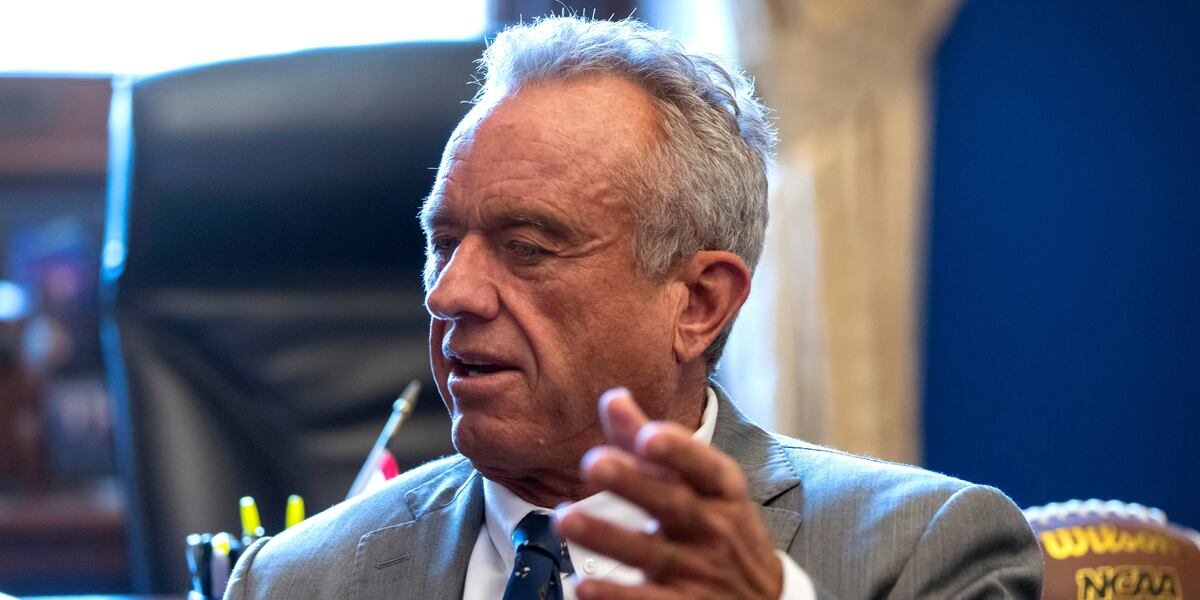
“The science on Red No. 3 has been clear for years,” Makary said. “There’s no reason to drag this out another three years.”
When asked whether he credited the Biden administration for initiating federal action on artificial food dyes, Kennedy said he did, though with a caveat.
“I appreciate the fact that the FDA finally acted,” he said. “But I wish it hadn’t taken him until one week before I came into office.”
Consumer advocacy organizations have responded cautiously to Kennedy’s plan. While many welcomed the spotlight on artificial dyes and the push for change, some expressed concern that the voluntary nature of the initiative may lead to inconsistent results.
“Without enforceable rules or penalties, there’s no guarantee that companies will follow through,” said Laura Jenkins, a spokesperson for the nonprofit group Clean Food Watch. “We’ve seen voluntary commitments before that didn’t lead to meaningful change.”
Kennedy acknowledged those concerns, but said his goal is to build momentum and let the public drive demand for dye-free products. He emphasized that many companies are already feeling pressure from increasingly informed consumers who are scrutinizing ingredient labels and asking tough questions.
“You’d be surprised how many people are reading the back of the box now,” he said.
Some food industry leaders have pushed back on the campaign, defending the safety of artificial dyes and warning against alarmist messaging. Christopher Gindlesperger, a senior vice president at the National Confectioners Association, said his organization is committed to working with the Trump administration on food policy but defended the current regulatory standards.
“FDA and regulatory bodies around the world have deemed our products and ingredients safe,” he said in a statement. “We stand by the science and look forward to constructive dialogue with federal officials.”

Other manufacturers are taking a more proactive approach. Several large snack and beverage companies have already begun testing natural coloring agents as potential replacements for artificial dyes. Industry insiders say the shift is being driven both by health-conscious consumers and the potential for future regulation.
For smaller brands and startups, the shift away from synthetic dyes is often seen as a competitive advantage. Many new food companies now launch with all-natural or organic positioning, and marketing campaigns often highlight the absence of artificial additives as a key selling point.
Retailers are also getting involved. Some grocery store chains have introduced new internal guidelines that limit the use of artificial dyes in store-brand products. Others have started tagging dye-free items on shelves or adding “clean label” sections to stores to help customers make informed choices.
Health professionals are watching the shift with cautious optimism. While artificial dyes are only one part of the broader challenge of improving the American diet, many doctors and nutritionists believe that removing unnecessary additives is a step in the right direction.
“Artificial dyes may not be the number one health threat in the food system, but they’re a symbol of a much larger issue,” said Dr. Alyssa Greene, a pediatrician and food policy advocate. “We need transparency, we need accountability, and we need to ask whether these ingredients are really necessary.”
As 2026 approaches, all eyes will be on whether food companies meet the voluntary deadline. If the effort stalls or compliance is uneven, Kennedy has indicated that he may consider stronger action, including regulatory changes or mandatory labeling requirements.
For now, though, the strategy remains cooperative. Kennedy’s hope is that consumer awareness, media attention, and internal industry shifts will create a tipping point.
“This is a test of leadership—not just mine, but the industry’s,” Kennedy said. “We can do better. We have the science, we have the technology, and we owe it to our kids.”
The coming months are expected to bring more announcements from food brands as they reveal updated timelines, ingredient changes, and product redesigns. The HHS is also working on new guidance to help companies identify acceptable natural alternatives and navigate the reformulation process.
If successful, the initiative could mark one of the largest voluntary food reform efforts in U.S. history, setting a precedent for future collaborations between government and industry on public health issues.
But with no legal enforcement mechanism in place, much will depend on public scrutiny and consumer demand. Kennedy, for his part, remains confident that the tide is turning.
“This isn’t just about color,” he said. “It’s about trust, and it’s about doing what’s right.”

